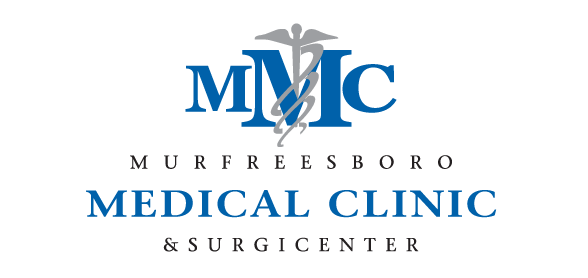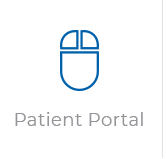What to Expect from Your Sinus Surgery

If you have a sinus operation scheduled, then sinus relief is on the horizon. But you may be wondering what to expect from your upcoming surgery. You will most likely need to be away from work or school for several days. Be sure to talk with your doctor about your surgery and ask any questions you may have so that you know how best to care for yourself after surgery.
Although there are several different kinds of sinus surgery, what happens following your operation will be similar. It can take several weeks to fully heal, and you’ll have some swelling and tenderness in your nose after the surgery. To help your nose and sinuses return to normal, your doctor may recommend nasal irrigation or saline sprays and antibiotic lubricants.
Dr. Mangus, one of MMC’s ENT Specialists, helps patients navigate their recovery process after sinus surgery.
“As I counsel my patients before sinus surgery, they are often surprised when I tell them that most of their pain after sinus surgery will be controlled with Advil and Tylenol. A recent study of patients who underwent sinus surgery reported that 70% of patients took less than 5 pain pills,” Dr. Mangus said.
“I have seen this in my patient population as well. This is due to recent advances in sinus surgery that allow us to do the entire surgery with cameras inside the nose as well as avoid putting packing or splints inside the nose at the end of the surgery.”
Here are a few tips for making your recovery go more smoothly after your sinus operation:
- Keep your head elevated to help reduce bleeding and swelling after your surgery. The first night following your operation, elevate your head with extra pillows or sleep in a recliner.
- Some bleeding is normal following a sinus operation, but if you are bleeding a lot, be sure to call your doctor.
- Don’t blow your nose for at least a week after your operation. Avoid heavy lifting, straining, or strenuous exercise in order to decrease the likelihood of bleeding in your nose.
- If you have to sneeze, try keeping your mouth open.
- Avoid taking aspirin following your surgery. This slows clotting and increases bleeding.
Once your sinuses fully heal, you should be able to resume your normal activity. However, remember that sinus surgery results are never guaranteed. Your symptoms may improve, or you still may need some kind of medical therapy to manage your symptoms after surgery. It’s important to keep up constant communication with your doctor in order to make sure you are receiving the best possible care.






